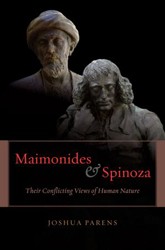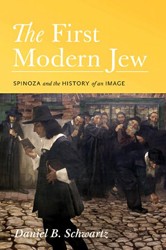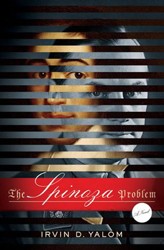By
– August 26, 2011
Serious treatments ofMaimonides or Spinozaare usually found in weighty scholarly tomes. Rabbi Marc Angel’s slim but serious new volume seeks only to point out certain areas of congruence as well as conflict in the writings of these two giants by citing their original words and by applying the concepts to the contemporary poles in Orthodoxy of dogmatism vs. intellectual engagement. The stated goal of the work is to put forth a rationale for an open Orthodox theology.
Both Maimonides and Spinoza challenged authority. However, Maimonides felt ultimately bound to Jewish tradition while Spinoza rejected it. For Spinoza, reason was everything. For Maimonides, revelation, transcendence, and personal experience were cognate to reason. Maimonides used reason and logic to explain textual and theological issues, while Spinoza rejected whatever his reason could not accept. It should be noted that while Maimonides was not excommunicated, he was excoriated in many circles for challenging the religio-theological status quo.
The book covers a wide range of topics including the role of women, conversion, superstition, and the nature of God.
One senses Rabbi Angel’s frustration with some religious leaders’ obscurantism, rigidity, and authoritarianism. It is true that the Maimonidean controversy is still raging. While we do not expect most rank and file Jews to be capable of developing a systematic philosophy/ theology based on traditional and philosophical writings, this book is an excellent introduction to the basic concepts. It’s also a great gift to give to a rabbi.
Wallace Greene, Ph.D., has held several university appointments, and currently writes and lectures on Jewish and historical subjects.





